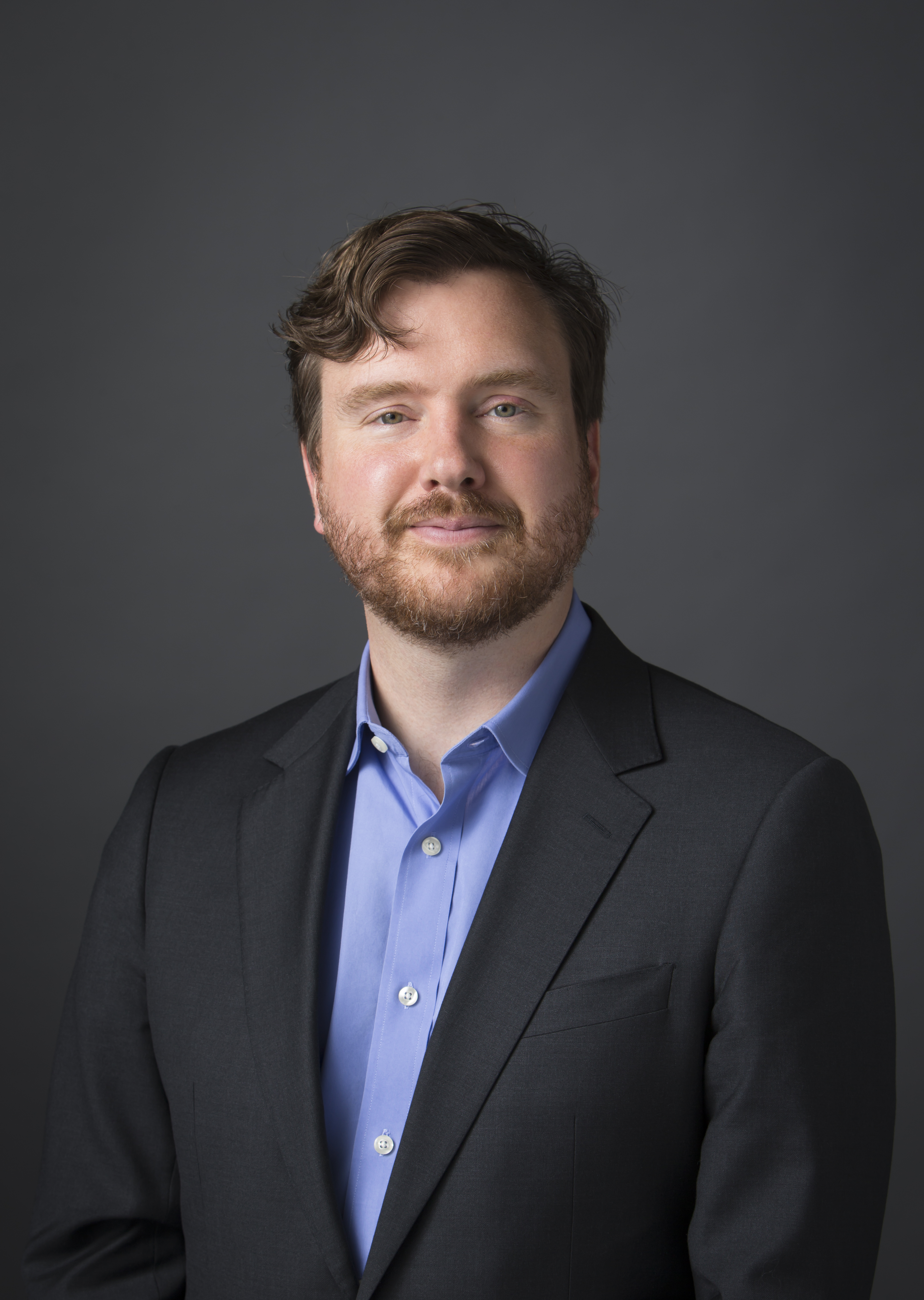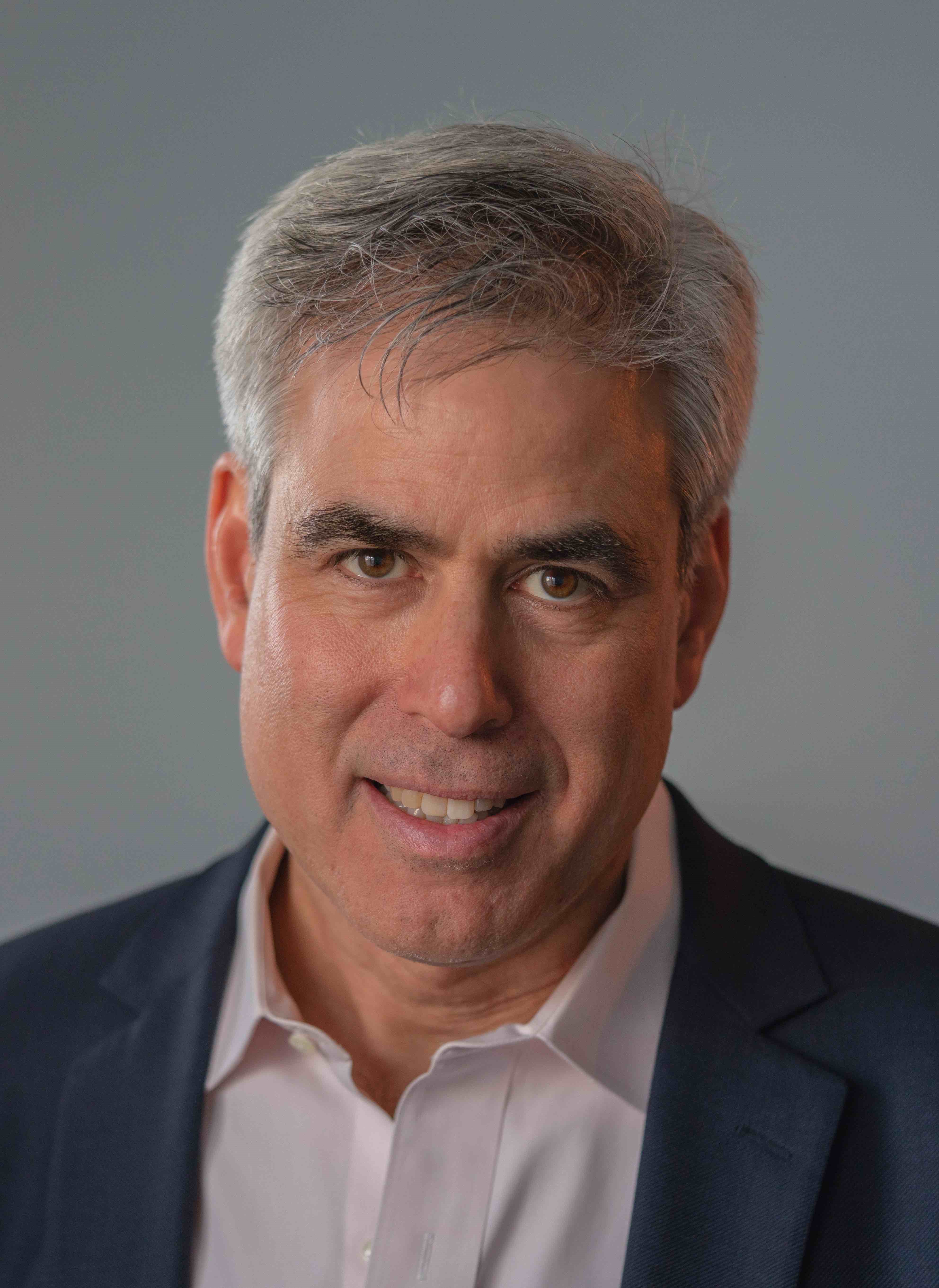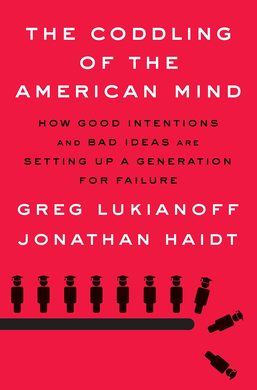My Journey
with
the Three Greatest Untruths
Reading a book is like going on a journey. This journey leads you to see, to feel and most importantly, to think. The following is part of my journey of reading the book “The Coddling of the American Mind” by Greg Lukianoff and Jonathan Haidt.
When I first encountered this book, I was not so sure about the meaning of “coddling”. Then I checked the dictionary. However, even though its literal meaning was explained, I could still sense there was some rhetorical meaning which was vague to me. I decided not to worry about it for the moment, comforting myself with the thought that maybe it would become clearer as I read this book. It turned out that I was right.
“Prepare the child for the road, not the road for the child.” This quotation of folk wisdom was put before anything in this book. I was hooked immediately since I had already developed a liking towards expressions like this one, which is poetic, concise and yet enlightening. It struck me just like a flash of light, which was very quick, yet the taste of its flavor lingered on. The wisdom carried with it is so obvious that some parents may even overlook it.
The authors began this book by introducing their mysterious and arduous trip to Mount Olympus, questing for wisdom. The “three cups of wisdom” they brought back from that trip were “What doesn’t kill you makes you weaker, always trust your feelings and life is a battle between good people and evil people.” I was increasingly confused as I read on because those “wisdoms” were completely contrary to what I had believed before reading this book. However, I continued reading.
In the end, I was so relieved when I found out that the trip was fictional and there was no such “wisdom”. Instead, the authors’ real intention was to bring out the three Greatest Untruths, which comprised the main arguments of their book. I couldn't help but laugh at myself because for a moment, I almost started to doubt my long-held beliefs. How ironical that would be if the long-held beliefs being reversed by a made-up story!
As a parent of two boys, I naturally tend to compare my parenting with that described in this book. Safety is the biggest concern for many parents. We all want to protect our children from dangers. The desire to protect children is embedded in parents’ genes supposed there are such genes. But it becomes a problem when parents go to the extreme of safetyism, making safety the decisive factor for allowing or not allowing their children to experience and explore by themselves. The parents “who won’t let their seventeen-year-old take the subway” would have gone extreme, but their case does reflect the tendency to overprotect children. Parents would be selfish if they deprive their children of opportunities to explore the world starting from small and controllable tasks, which are less risky, even though it all begins with very good intentions.
Coming back to the word “coddling”, I believe what the authors want to express is if we, as parents, embrace our children too tightly, we might risk suffocating them.
Though I finished reading this book, the journey still goes on.
.png)


